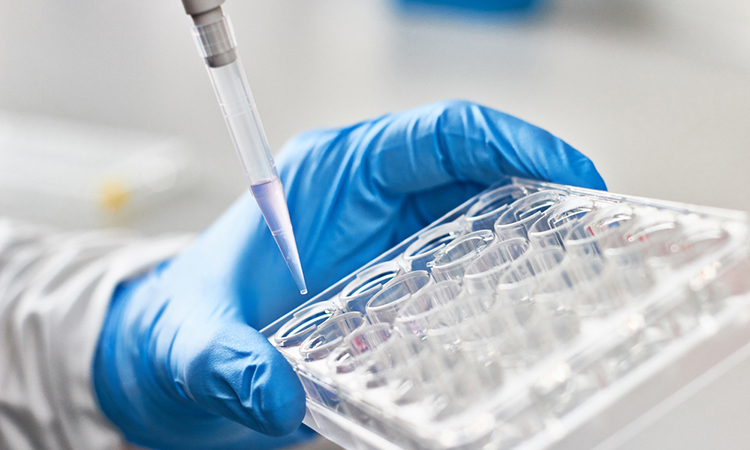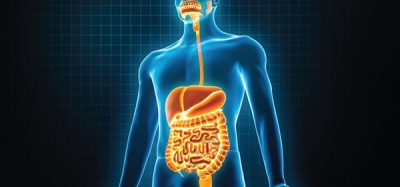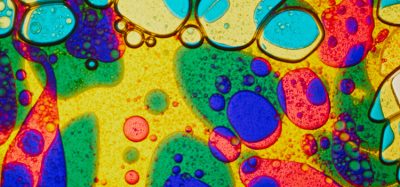Cell-based assay developed to identify IDO1 inhibitors for immuno-oncology
Posted: 18 March 2021 | Victoria Rees (Drug Target Review) | No comments yet
Researchers have developed a cell-based assay for the discovery of new IDO1 inhibitors, overcoming challenges from cell-free assays.

Scientists report that they have developed a cell-based assay for the discovery of new enzyme indoleamine-2,3-dioxygenase (IDO1) inhibitors that could play a role in cancer immunotherapy. The team say the new assays overcome the limitations of cell-free assays. The study was conducted at the Max Planck Institute of Molecular Physiology, Germany.
According to the researchers, a strategy developed by cancer cells to escape the immune response is the production of IDO1, which metabolises tryptophan into kynurenine and thereby interferes with the immune response in two ways:
- the depletion of tryptophan negatively impacts the growth of T cells
- the produced kynurenin inhibits T cells in the immediate environment of the cancer cells.
The team say the search for IDO1 inhibitors has so far been only moderately successful and the first clinically tested IDO1 inhibitor, epacadostat, showed hardly any effect in clinical trials. However, it has not yet been possible to prove whether the inhibitor really blocks IDO1 in the tumour and whether the used dose is sufficient.
The scientists explain that the traditional application of biochemical assays has certain disadvantages and limitations, as the test takes place in a test tube and not in the natural, cellular environment of the enzyme. For instance, enzymes like IDO1 are less stable and more reactive outside the protective shell of the cell. In addition, cell-free assays cannot detect indirect inhibitors of the enzyme, that for example interfere with its production or with essential co-factors.
To address this challenge, the researchers employed a sensor that measures the conversion of the IOD1 substrate tryptophan into the metabolic product kynurenine in cell culture and thereby detects IDO1 activity. Based on this test strategy, several highly potent inhibitors with different mechanisms of action were identified from a library of more than 150,000 chemical substances, which included substances that directly switch off IDO1 as well as indirect inhibitors that prevent the production of IDO1 itself or that of its important cofactor heme.
“Unfortunately, previous attempts to find a compound that effectively stops the cancer-promoting activity of IDO1 in tumours have met with little success. However, the development of new compounds that can switch off IDO1 via different mechanisms of action could be a promising approach for immunotherapies in the fight against cancer. We hope that our newly developed cell-based assay could contribute to this area of research,” said Slava Ziegler, one of the lead researchers from the study.
The findings are published in Angewandte Chemie.
Related topics
Assays, Cell-based assays, Drug Discovery, Screening
Related conditions
Cancer
Related organisations
Max Planck Institute of Molecular Physiology
Related people
Slava Ziegler







